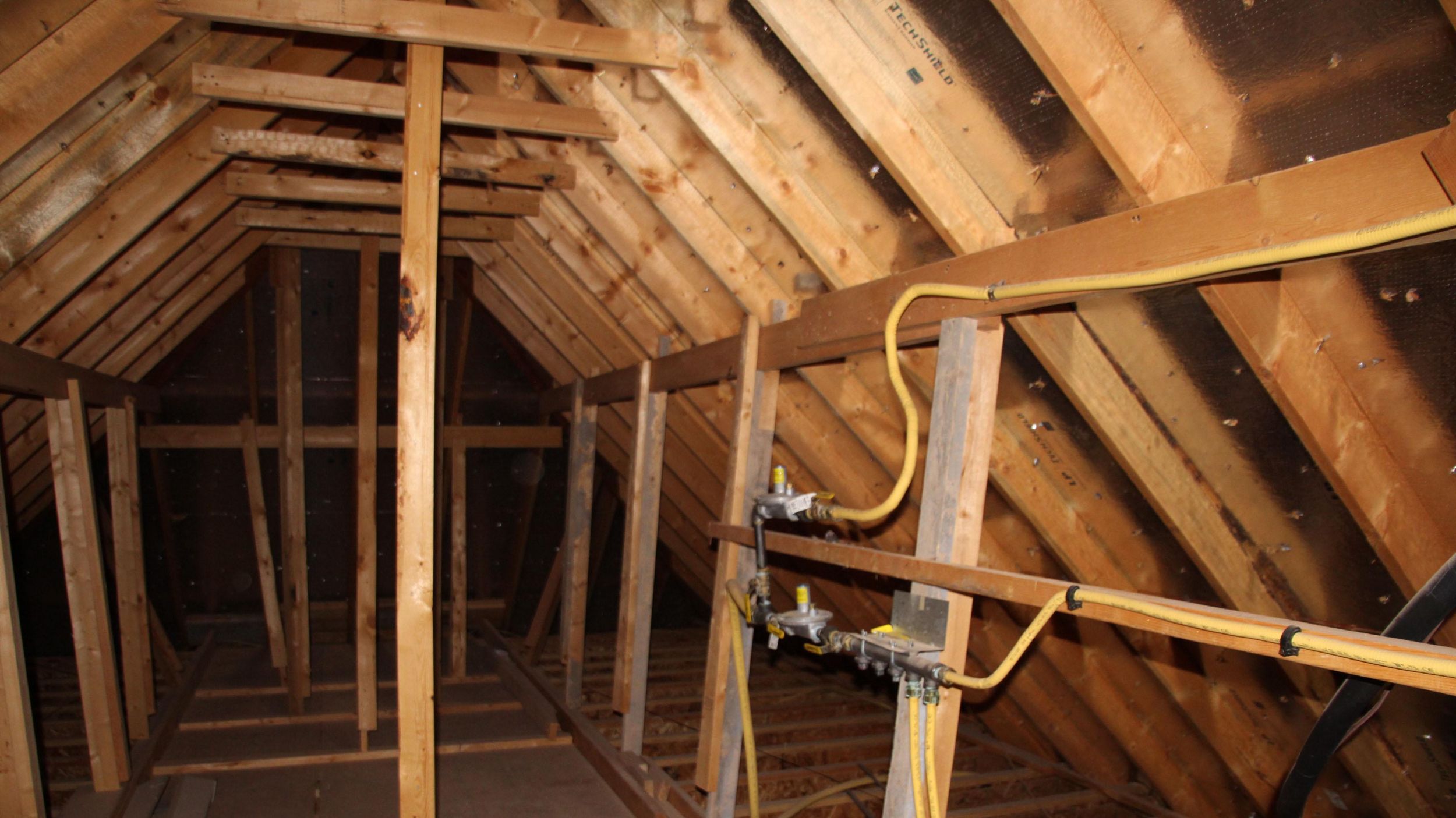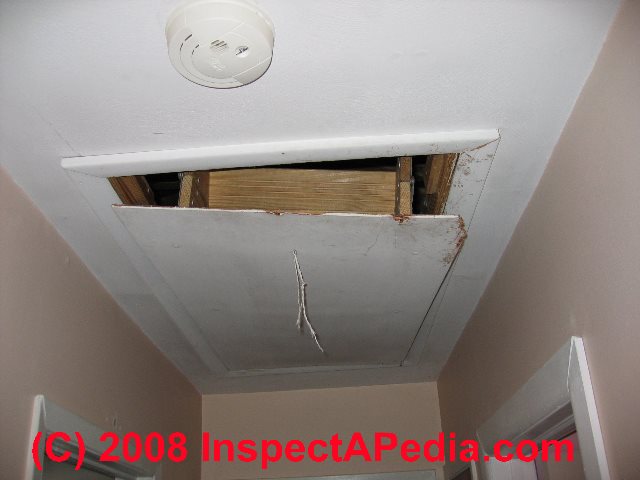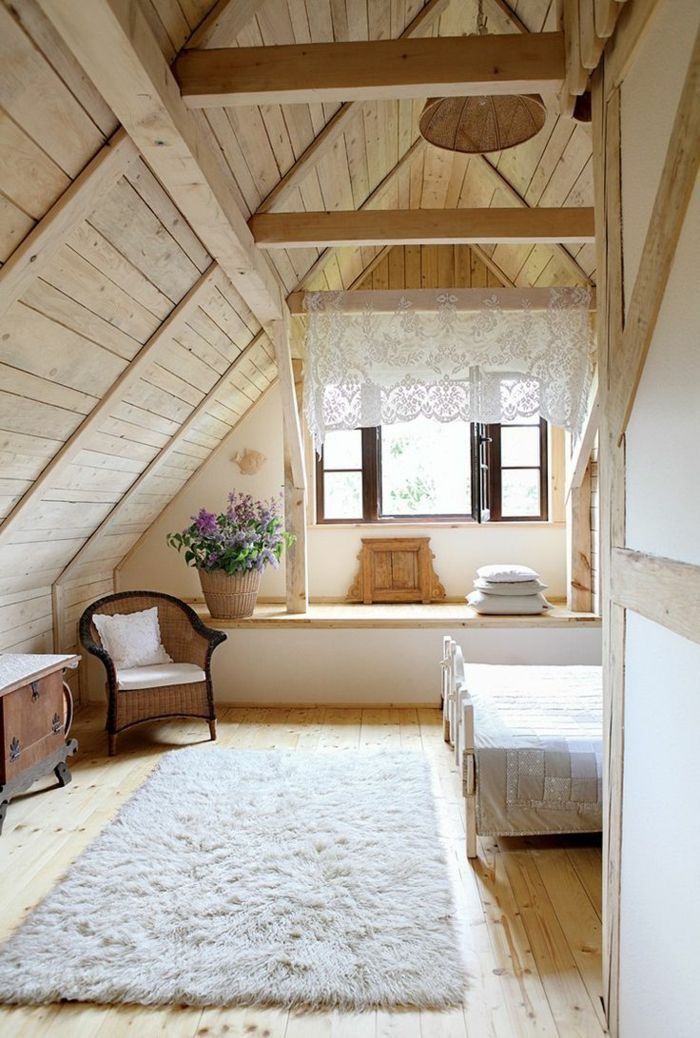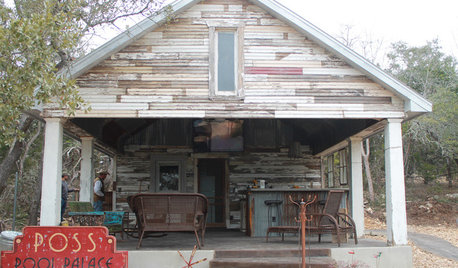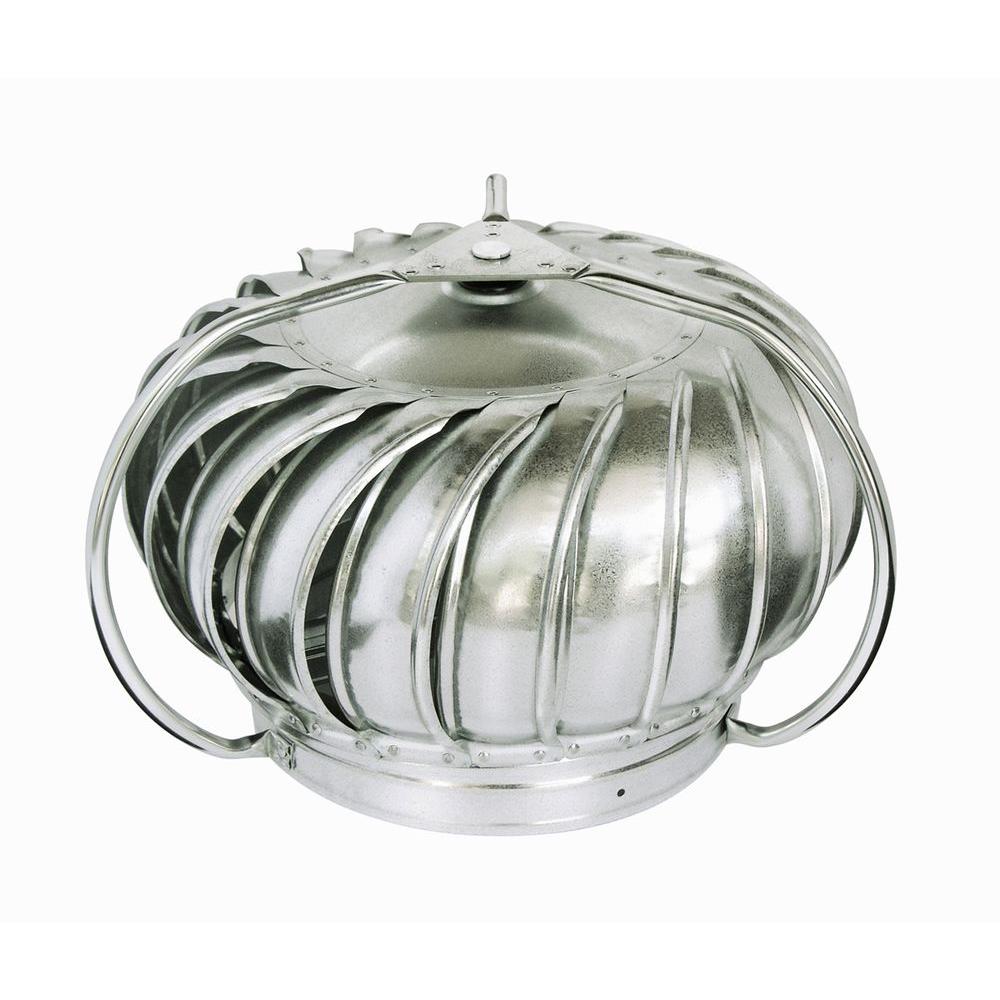Attic Making Lots Of Creaking Noises Wind

The wind pressure against a roof or entire home can be enormous.
Attic making lots of creaking noises wind. I m afraid it s going to collapse because when the wind blows it makes a scary popping noise. Spray foam insulation added to the attic ceiling immediately opposite the roof will keep the wood frame and rafters at a more steady temperature. Lots of different factors could attribute to this. Creaking noise from roof when windy and intermittent cracking noise.
Is is a constant noise or just occasional. Imagine the surface area of your entire roof or the side walls of your house. This house s attic makes annoying creaking noises when it s windy. It actually sounds like the roof could rip off the house.
Houses whether new or old make plenty of noise. This can cause all kinds of inconsistent shifting and racking. This leads to creaking popping and other strange sounds that might surprise. This could cause the air handler to make a high pitched whining sound and the same is true of your furnace filter air conditioners can vibrate a lot so parts can come loose over time and.
Another primary and fairly mundane cause of random noises within a home is settling. The explanation is much simpler than an apparition in the attic. In other cases a roof will creak at any time of day whenever there s the. At night attic can sometime make loud creaking and cracking sounds.
Structural engineers will be the first to tell you that the combined pressure of a moderate wind is equivalent to thousands of pounds of force depending on the surface area. I would also consider sitting in the loft with the lights on while the wind is blowing as this may make it glaringly obvious. That will mitigate the wood contraction that causes creaking sounds from the roof. Years ago as a young builder i almost got blown off a roof while trying to carry a sheet of 4 x 8 plywood.
It can ofter sound as if the roof is broken in some way or the roof is going to collapse. The creaking sound is perfectly normal and is caused by the movement of roof timbers responding to changes in temperature. You can demonstrate this to yourself quite easily by trying to carry something large and flat on a windy day. For an often lengthy period a house will creak and pop from time to time due solely to its own weight causing the soil beneath the house to compact thus allowing sections or even the entire house to sink slowly and minutely into the ground.
